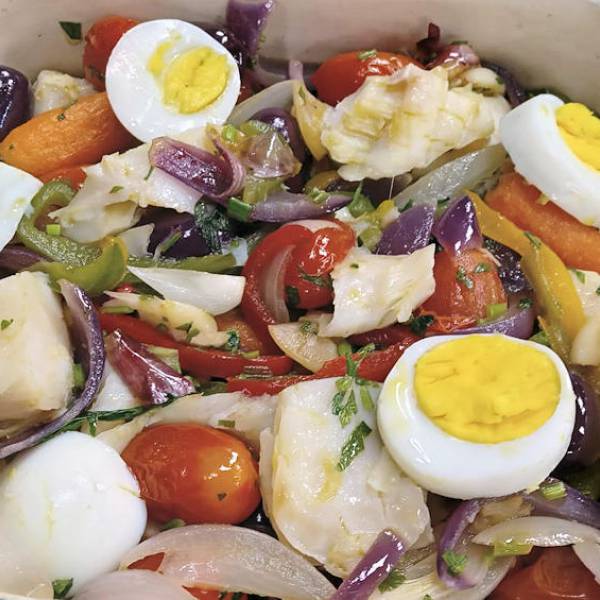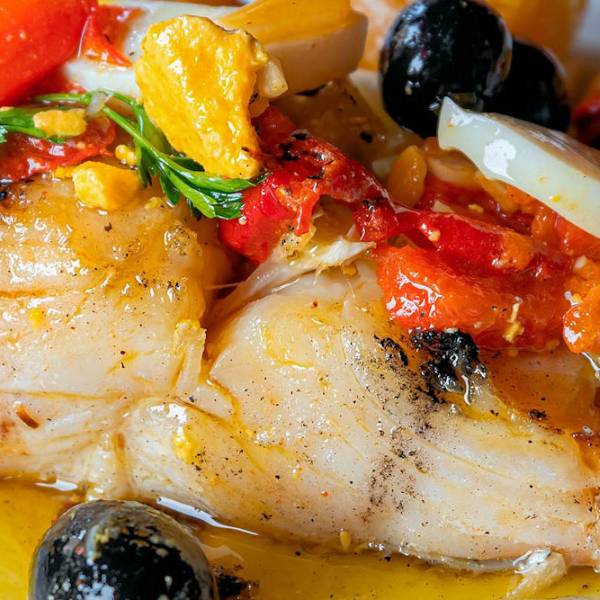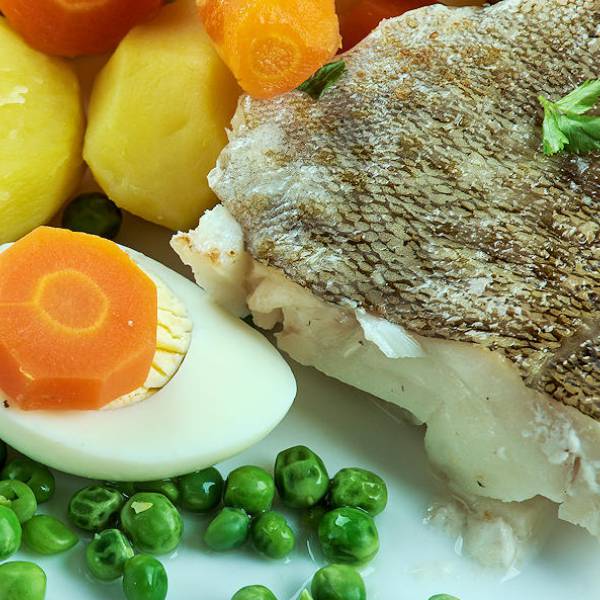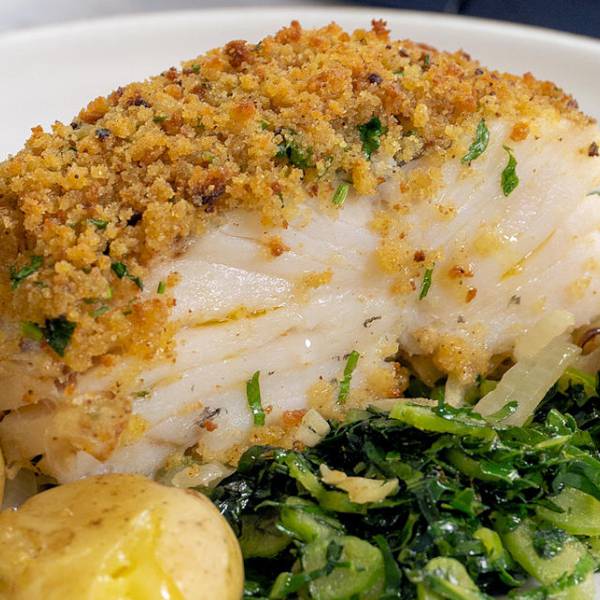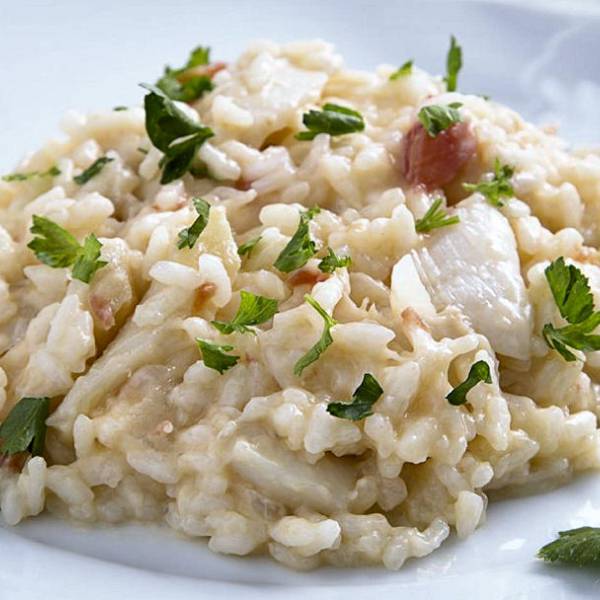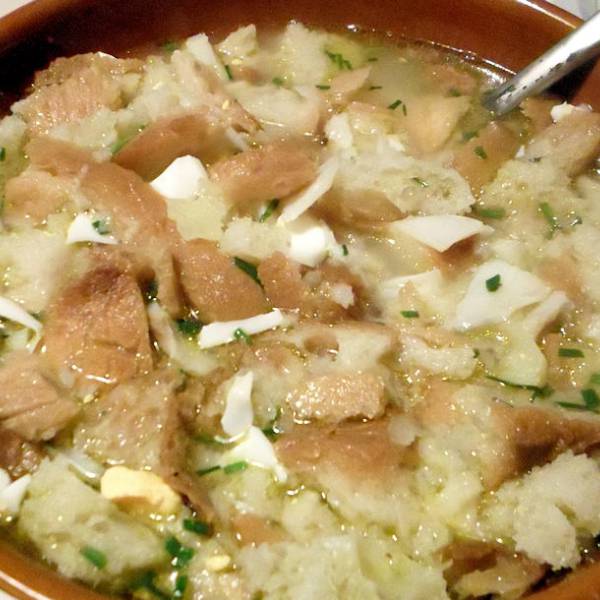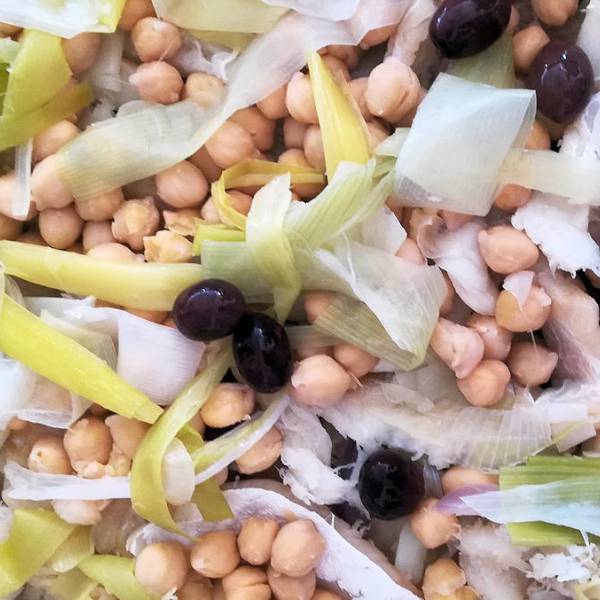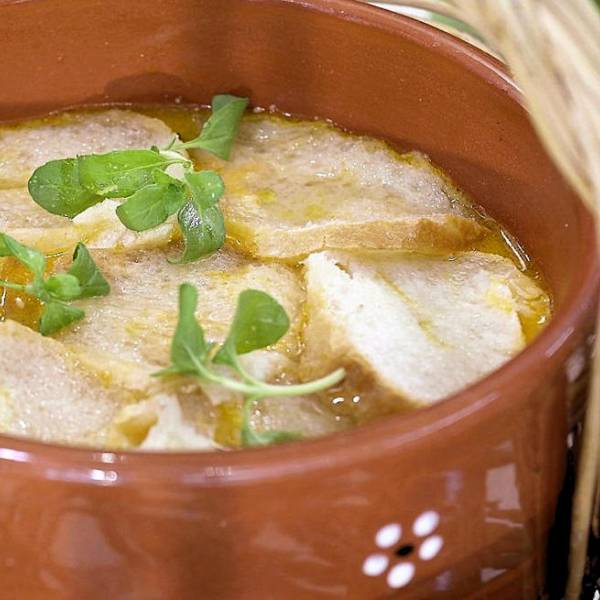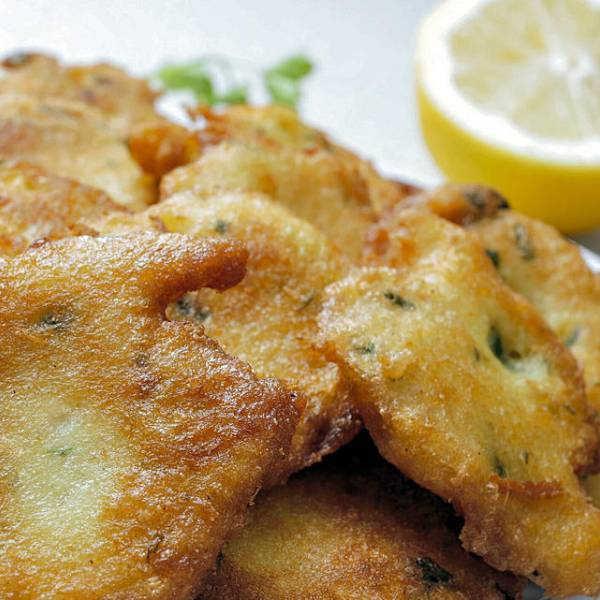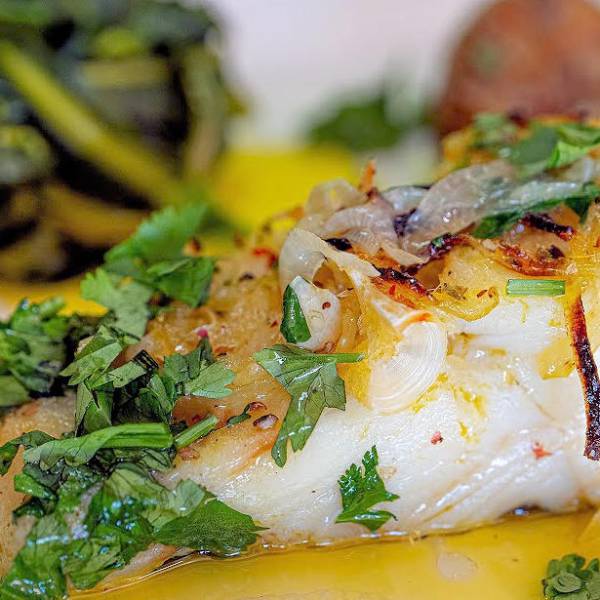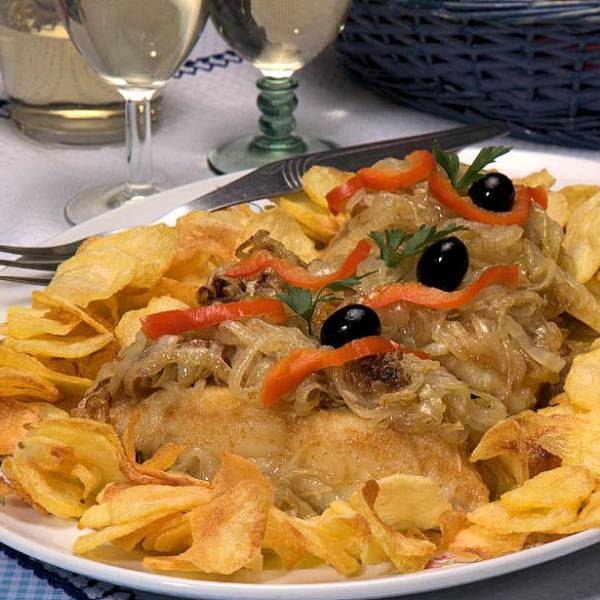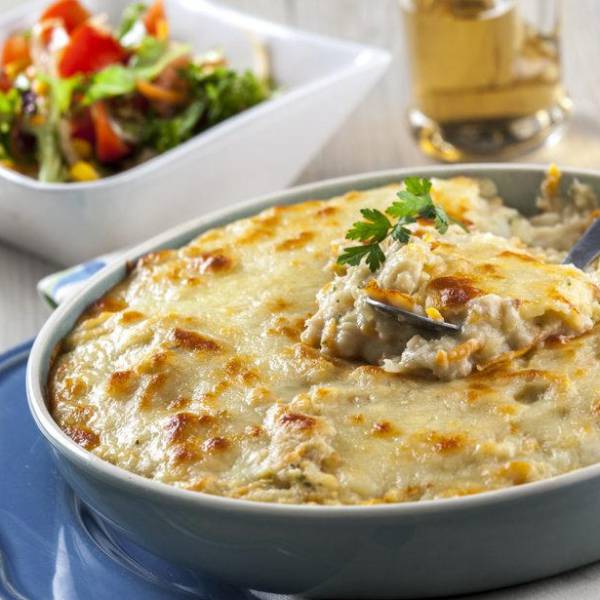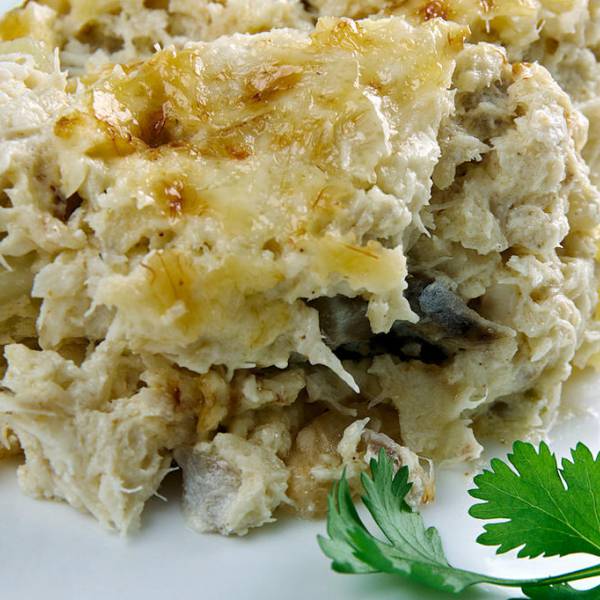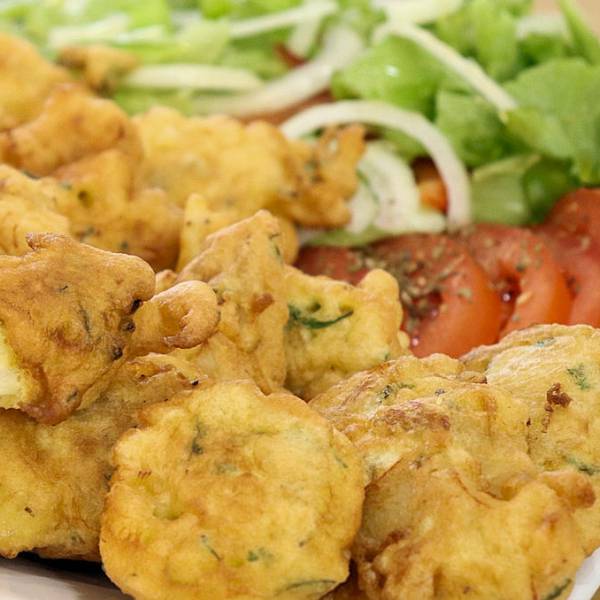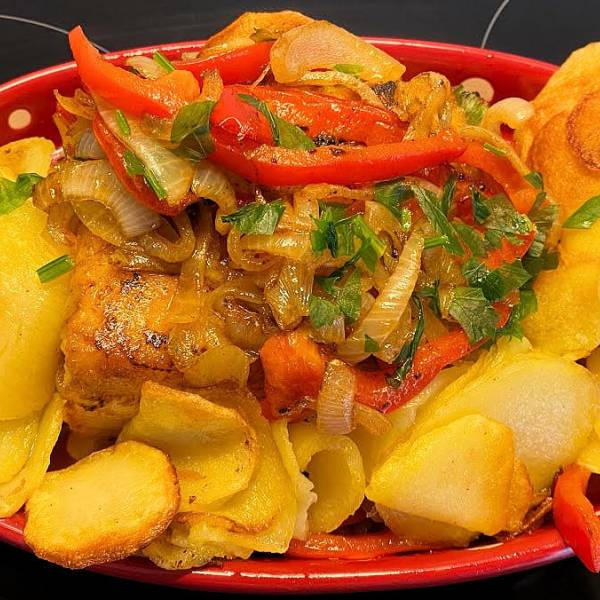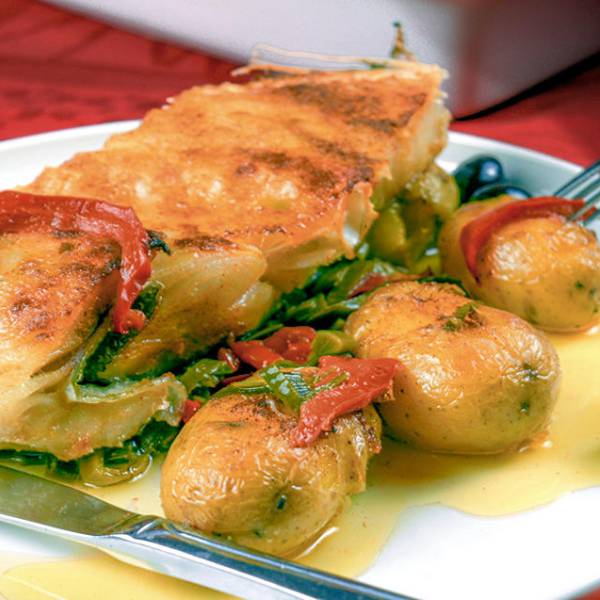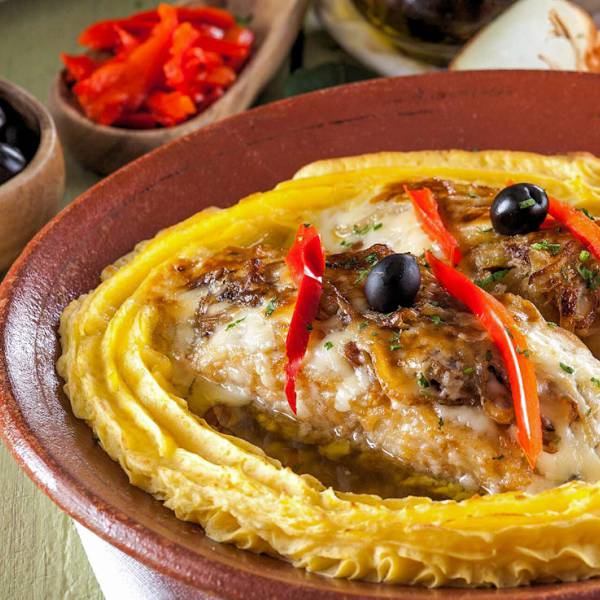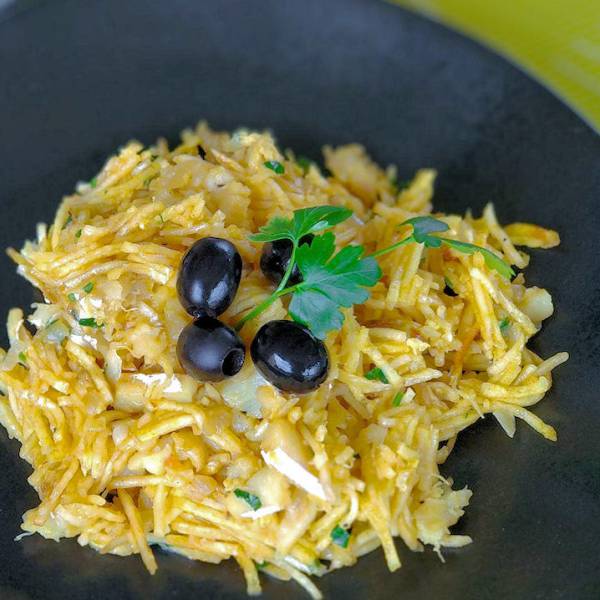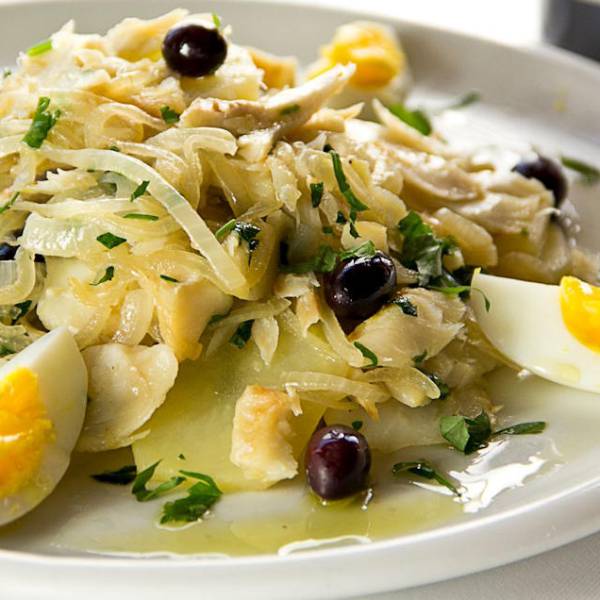The discovery of this preservation method proved to be a culinary revolution. Preserved codfish could endure for months, even years, without succumbing to spoilage, making it an ideal staple for long voyages and times of scarcity. Additionally, this method enhanced the fish's flavor and texture, rendering it firm and flaky when rehydrated and cooked using various techniques.
Codfish rapidly became an indispensable food source for the Portuguese people, particularly during the Catholic fasting periods when meat was forbidden. Beyond its religious significance, codfish offered an affordable and accessible protein option for those in the lower socioeconomic classes who couldn't afford other types of fish or meat. Such was the prominence of codfish in Portugal that it earned the endearing nickname of "fiel amigo" or "faithful friend".
One of the many culinary innovations born from the Portuguese love affair with codfish is the renowned pastéis de bacalhau. Although the exact origins of this dish remain unclear, historical records suggest that it emerged in the 18th century when a French chef named Cussy visited Portugal and introduced the technique of frying mashed potatoes with eggs. The Portuguese people swiftly embraced this new approach and incorporated their own twist by adding shredded codfish, onion, parsley, and nutmeg.
Lisbon.vip Recommends
Even in the present day, pastéis de bacalhau maintain their widespread popularity and reverence in Portugal, as well as in other countries where Portuguese immigrants have settled, such as Brazil, Angola, Mozambique, Cape Verde, and Macau. They have become a symbol of Portuguese identity and culture, frequently gracing celebratory occasions like Christmas, Easter, weddings, and birthdays.
Beyond their sheer deliciousness, pastéis de bacalhau encapsulate Portugal's history, diversity, creativity, and resilience. They stand as a testament to how a humble fish can transcend its origins and become a loyal companion and a national treasure. With each bite of a pastel de bacalhau, one not only tastes the flavors of Portugal but also experiences a profound connection to a heritage steeped in culinary ingenuity and unwavering friendship with the sea.





